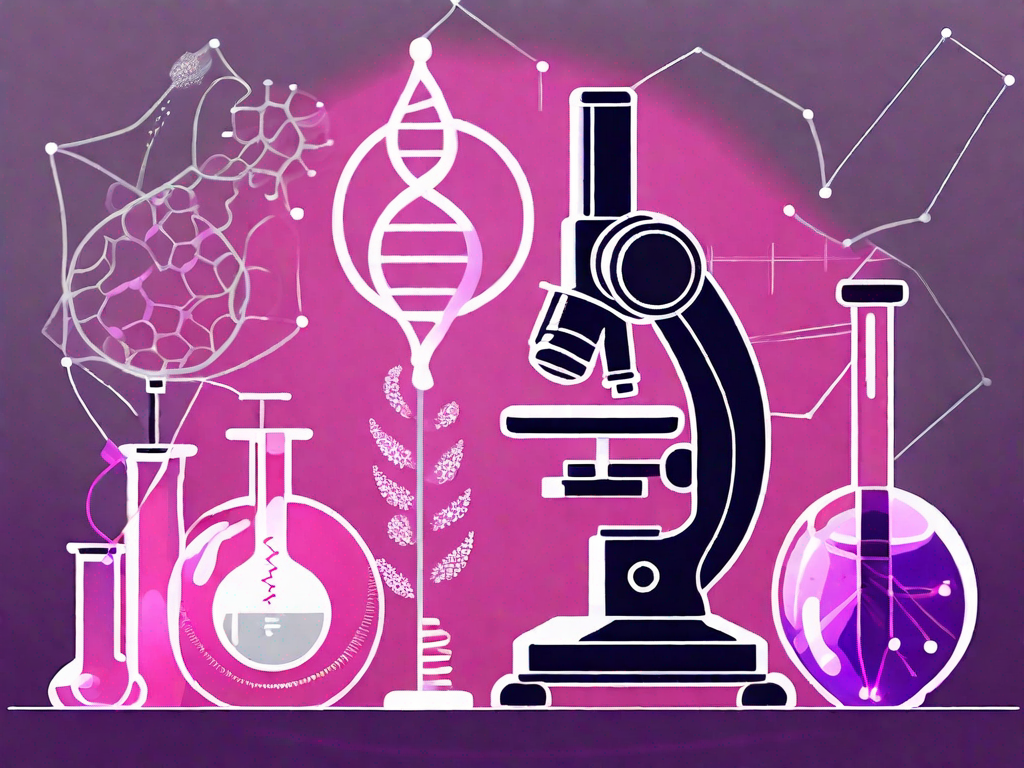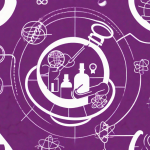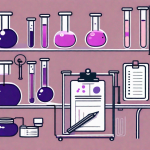Medical trials are the driving force behind medical advancements, offering new treatments and insights into healthcare practices. They involve structured phases, from small-scale testing to large clinical trials, assessing treatment efficacy and safety. Ethical guidelines, including informed consent and participant welfare, are strictly upheld. These trials have led to revolutionary treatments and disease prevention strategies, significantly impacting patient lives. Future trials, leveraging technological innovations like adaptive designs and electronic data capture, promise even greater advancements. However, challenges like ethical dilemmas and recruitment issues persist, underscoring the need for continued collaboration and innovation in the field.
Medical trials play a crucial role in shaping the future of healthcare by uncovering groundbreaking treatments and therapies. These trials are the driving force behind advancements in disease prevention, testing new technologies, and addressing ethical dilemmas. Understanding the importance of medical trials allows us to appreciate the immense impact they have on improving the quality of life for individuals and communities alike.
Understanding the Importance of Medical Trials
Medical trials are essential for advancing healthcare practices and enhancing patient outcomes. By participating in research studies, individuals contribute to the development of new treatments and medical procedures that can benefit countless others. These trials enable medical professionals to test the efficacy and safety of innovative interventions, allowing them to provide evidence-based care.
The Role of Medical Trials in Healthcare
Medical trials serve as the foundation for evidence-based medicine. They help healthcare providers identify new treatment options, determine best practices, and refine existing protocols. Without these trials, medical progress would be significantly hindered, and patients would miss out on potentially life-saving breakthroughs.
When it comes to understanding the role of medical trials in healthcare, it is important to recognize that these studies are not limited to testing new drugs. Medical trials can also evaluate the effectiveness of medical devices, surgical techniques, and even lifestyle interventions. By exploring a wide range of interventions, medical trials provide a comprehensive understanding of how to improve patient care across various specialties.
Furthermore, medical trials play a crucial role in addressing health disparities. By including diverse populations in research studies, medical professionals can better understand how different treatments and interventions affect individuals from various backgrounds. This knowledge helps ensure that healthcare practices are equitable and effective for all patients.
Key Benefits of Medical Trials
Medical trials offer various benefits, not only for participants but for society as a whole. They provide access to cutting-edge treatments that may be more effective or have fewer side effects than currently available options. Additionally, participating in medical trials allows individuals to receive close medical supervision from experts in their respective fields.
Moreover, medical trials contribute to the advancement of scientific knowledge. Through these studies, researchers gain insights into the underlying mechanisms of diseases and how different treatments interact with the human body. This knowledge helps pave the way for future discoveries and innovations in healthcare.
Medical trials also foster a sense of community and support among participants. By coming together with others who understand their experiences, individuals can share knowledge, provide emotional support, and exchange valuable insights. This sense of camaraderie can be particularly beneficial for individuals facing rare or complex medical conditions, as it provides a network of support that extends beyond the duration of the trial.
Furthermore, participating in medical trials allows individuals to play an active role in their own healthcare. By contributing to the development of new treatments, participants have the opportunity to make a meaningful impact on the lives of others facing similar health challenges. This sense of purpose and empowerment can be incredibly rewarding for individuals who want to make a difference in the field of medicine.
In conclusion, medical trials are a vital component of healthcare advancement. They not only contribute to the development of new treatments and procedures but also enhance our understanding of diseases and their management. By participating in medical trials, individuals become active contributors to the improvement of healthcare practices, benefiting both themselves and future generations.
The Process of Medical Trials
The journey of a medical trial involves several stages, each designed to ensure the safety and effectiveness of new interventions. These stages include preclinical research, testing on a small group of volunteers, and later, larger clinical trials. Throughout this process, researchers closely monitor the participants, collecting data to determine the treatment’s effectiveness and potential adverse effects.
Stages of Medical Trials
Medical trials typically progress through three main phases. Phase 1 trials involve a small number of healthy volunteers who receive the treatment under study. Phase 2 trials expand the scope to include individuals with specific medical conditions, allowing researchers to evaluate the intervention’s effectiveness in a targeted population. Finally, phase 3 trials involve large-scale testing to determine the treatment’s overall benefits and safety profile.
These stages are crucial in ensuring the reliability of the data collected and reducing any potential risks for the participants.
Ethical Considerations in Medical Trials
Medical trials adhere to strict ethical guidelines to protect the rights and well-being of participants. Informed consent, transparency, confidentiality, and voluntary participation are paramount in maintaining ethical standards. Institutional review boards provide oversight and evaluate the scientific validity and ethical integrity of medical trials before they commence.
Additionally, researchers must prioritize participant safety and well-being throughout the trial, constantly monitoring for any adverse effects and promptly addressing concerns or complications that may arise.
Breakthroughs and Advancements from Medical Trials
Medical trials have yielded remarkable breakthroughs that have transformed healthcare and saved countless lives. Through these trials, new treatments and therapies have emerged, offering hope to patients and their families in the face of challenging medical conditions.
Revolutionary Treatments and Therapies
Medical trials have paved the way for the development of revolutionary treatments that were once unimaginable. From targeted cancer therapies and gene editing to regenerative medicine and immunotherapies, these breakthroughs are reshaping the landscape of modern medicine. Patients who were once without options now have access to potentially life-saving interventions that can significantly improve their quality of life.
Advancements in Disease Prevention
Medical trials have also played a crucial role in advancing disease prevention strategies. Vaccines developed through extensive research and rigorous clinical trials have helped eradicate devastating diseases and protect future generations. Additionally, trials investigating lifestyle changes, early detection methods, and preventative medications have led to a better understanding of disease prevention and the promotion of healthier lifestyles.
The Future of Medical Trials
As technology continues to evolve, medical trials will embrace new opportunities, further enhancing the efficiency and effectiveness of research. The future holds exciting promise for medical trials, bringing us closer to transformative breakthroughs and improved patient care.
Emerging Trends in Medical Trials
Scientists and researchers are exploring innovative study designs and methodologies, aiming to optimize data collection and analysis. Adaptive trial designs, precision medicine, and biomarker-driven trials are among the emerging trends that hold great potential for faster and more accurate outcomes, personalized treatments, and increased patient participation.
The Role of Technology in Medical Trials
Technological advancements continue to revolutionize medical trials, streamlining data collection and analysis processes. Electronic data capture systems, wearable devices, and telehealth platforms facilitate remote monitoring, enable real-time data collection, and enhance communication between researchers and participants. Such technological integration enhances efficiency, reduces costs, and broadens access to medical trials, allowing a more diverse participant pool.
Challenges and Controversies in Medical Trials
While medical trials offer tremendous potential, they also face challenges and controversies that must be addressed to ensure ethical and reliable research practices.
Addressing Ethical Dilemmas
Ensuring the ethical conduct of medical trials is vital to maintaining public trust. It is essential to carefully consider the risks and benefits of participating in a trial, ensuring comprehensive informed consent, and prioritizing participant safety. Upholding clear ethical guidelines and providing ongoing support for participants throughout the trial process is crucial to overcome these challenges.
Overcoming Limitations and Challenges
Medical trials may encounter limitations such as recruitment difficulties, participant dropouts, or insufficient funding. These challenges can impact the trial’s progress and potentially affect the reliability of the results. Researchers and funding organizations must work collaboratively to address these obstacles, employing innovative strategies and supportive measures to ensure the timely completion of trials and the availability of trustworthy data.
In conclusion, medical trials have a profound impact on healthcare by uncovering breakthroughs, advancing treatments and therapies, and shaping the future of medicine. Through these trials, we gain a deeper understanding of diseases, pioneer innovative interventions, and provide hope for individuals living with challenging conditions. Society benefits from the knowledge and advancements gained from these trials, as they help improve patient outcomes and enhance global health. By supporting and participating in medical trials, we contribute to a better, brighter future for healthcare.






